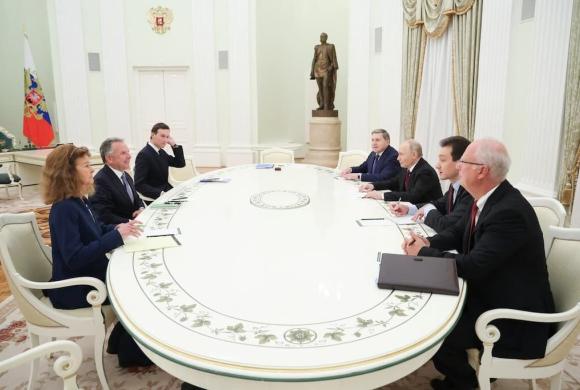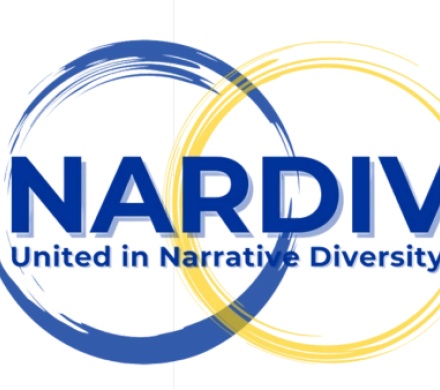A Militarily Regenerated Russia as a Future Threat to NATO? Perspectives from Russia Itself

Beyond Western interpretations, how is Russia debating its own military future and stance towards NATO?
This new HCSS report, part of the innovative multi-year research project RUBASE, uniquely leverages AI-assistance to tap into Russia’s still surprisingly rich internal discourse, parsing diverse perspectives often missed by traditional methods. Overlooking these internal perspectives, as arguably occurred before the full-scale invasion of Ukraine, is perilous.
This research project aims to begin filling that gap by providing insights derived directly from Russian-language sources on two crucial topics: Russia’s capacity for military regeneration and its potential intentions towards NATO. It leverages an innovative analytical approach, combining deep domain expertise with AI assistance, to systematically process a scale of information previously unmanageable. These topics exemplify the type of substantive questions that could benefit from more systematic analysis approaches.
By integrating human expertise with AI assistance (including models like Meta Llama 3.3 70B, OpenAI GPT-4 series, and Google Gemini series), our approach processed and analysed over 197,000 Russian-language documents—a corpus scale far exceeding what traditional human-only analysis could feasibly manage. It includes (Russian-only!) primary sources, milblogger posts, military periodicals, newspaper articles, academic sources, podcasts, etc. While this approach offers promising avenues for generating insights from vast datasets, it is crucial to underscore the experimental nature of this work. The findings presented should be viewed primarily as illustrative examples of the type of analytical outputs this methodology can produce, rather than definitive, validated conclusions.
This study is part of ongoing Research & Development taking place at HCSS on how to utilise generative AI applications for the purpose of policy analysis, and serves as a proof of concept for an innovative analytical approach to complex geopolitical and security questions, operating at an experimental Technology Readiness Level (TRL) 3/4, where basic components are integrated but not yet field-tested or fully validated.
In this study, our team of human analysts leveraged a variety of Large Language Models to process, analyse and, in this case, also report, on a vast body of Russian language sources, combining human expert judgment with generative AI applications. This effort has been experimental in nature and this study is a proof of concept.
Authors: Stephan De Spiegeleire and Hryhorii Pavlenko, with Meta Llama 3.3 70B; OpenAI GPT-4o-mini, GPT-4o, o1, o1 pro; Google Gemini 1.5, 2.0 Advanced Experimental.
For more information on HCSS’s guidelines for the responsible and effective use of Generative Artificial Intelligence (AI), please consult the document ‘Augmentation, Not Substitution HCSS Manual for the Responsible Use of Generative AI’ available at our website.
The research for this report has been conducted within a framework agreement between HCSS and the Royal Netherlands Army. Responsibility for the contents of the report rests solely with the authors and does not constitute, nor should be construed as, an endorsement by the Royal Netherlands Army.

The Hague Centre for Strategic Studies
HCSS conducts research and provides advice on geopolitical and defence & security issues to governments, international institutions and businesses. Our research is characterized by a datadriven, multidisciplinary approach, specialist knowledge and a strategic orientation. We combine broad, conceptual knowledge with qualitative and quantitative methods and present our findings in the form of recommendations, strategic explorations and scenario analyses



